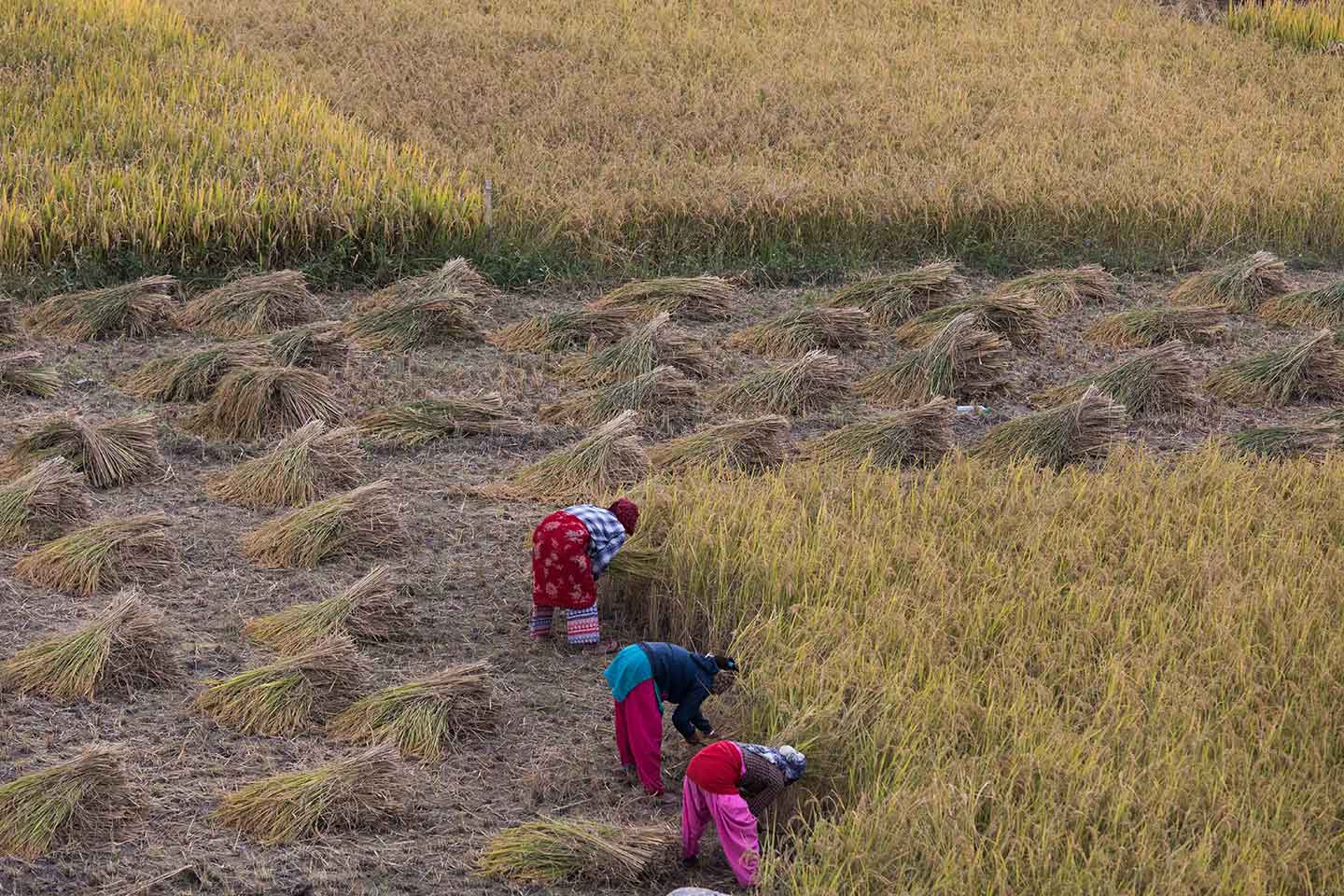How COVID-19 is causing a ‘hunger pandemic’
The new coronavirus has killed more than a quarter of a million people in just a few months, but the pandemic’s effect on food, housing and job insecurity will last years.
- 12 May 2020
- 2 min read
- by Priya Joi

The collateral damage from COVID-19, such as chronic job and housing insecurity, is likely to resonate for years to come. The virus has been described as a leveller of society, since it can infect anyone anywhere, but in reality it is the most marginalised and vulnerable people that have been hardest hit. Already about 1 billion people in low- and lower middle-income countries don’t have enough to eat.
The World Food Programme predicts that numbers of people with acute hunger will double by the end of 2020. Its Global Report on Food Crises 2020 estimates that 135 million people in 55 countries now face acute hunger, largely because of conflict, climate change and economic crises. This number is set to rise to 265 million by the end of the year.
Rising poverty
Disrupted supply chains, trade barriers and the hoarding of food supplies are all threatening lifelines of food to places that need them most. Compounding such challenges to food supply is the sheer scale of poverty, which is soaring. In many low- and middle-income countries, the workforce has a high proportion of informal workers who struggle to survive on hourly or daily wages, and often have little to fall back on.
The total loss of income from lockdowns and curfews has been devastating. For example, the International Labour Organization estimates that in India about 400 million workers in the informal economy are at risk of falling deeper into poverty during the pandemic. The United Nations Development Programme has said that COVID-19 could wipe out half of all jobs across Africa.
Increased infectious disease
As well as starvation, hunger can cause severe malnutrition, which can be a major risk factor for compromised immune systems and infection with life-threatening diseases, such as pneumonia, cholera, measles and diarrhoeal disease.
For this reason, maintaining vital health services, such as routine immunisation for vaccine-preventable diseases, will be even more important over the coming months. Lockdowns, the diversion of resources to COVID-19 and overwhelmed health systems are all already making it hard to deliver basic healthcare. Because of this, the pandemic is already significantly hampering immunisation efforts in the world’s poorest countries.
More from Priya Joi
Recommended for you









